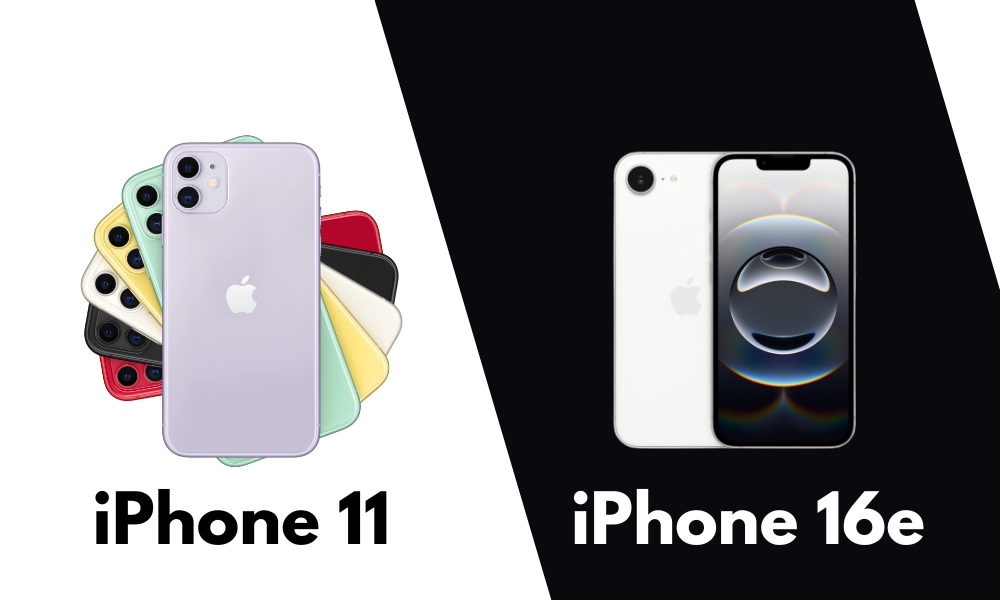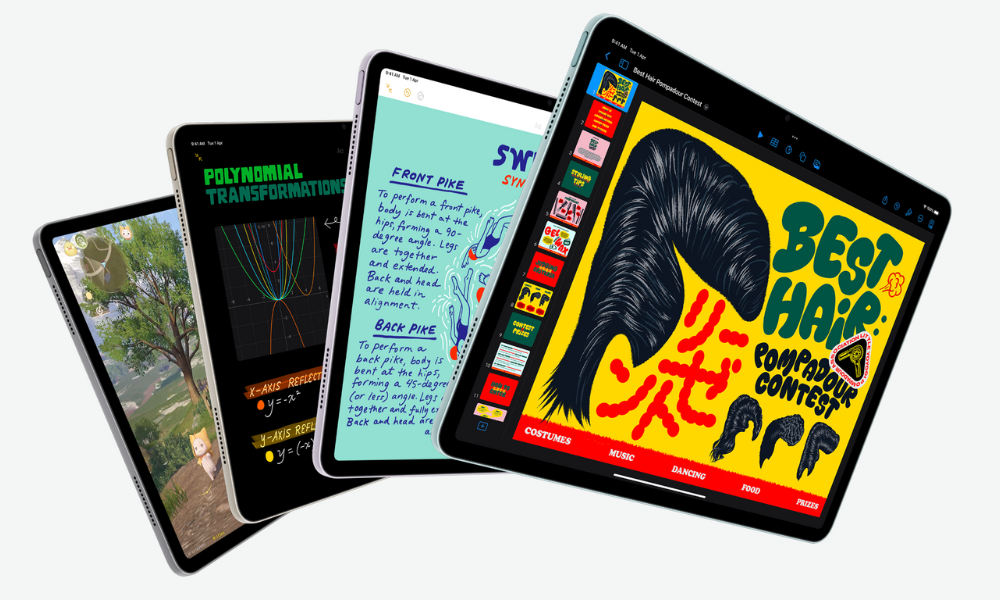iPhone 13 Pro vs iPhone 11 Pro - What’s the difference?
The iPhone 11 Pro went on sale in 2019, while the iPhone 13 Pro was released in 2021. Two years of differences, advances, new features, better cameras and longer battery life. A lot has changed between the iPhone 11 Pro and iPhone 13 Pro. Read on as we tell you all about it to help you draw your own conclusions. Let’s get started!
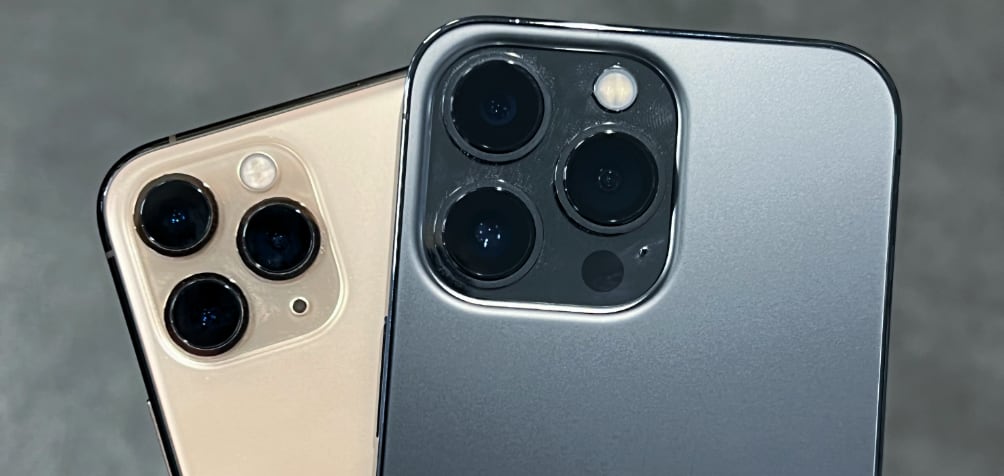
Design : iPhone 11 Pro vs the iPhone 13 Pro
There are major aesthetic differences between the iPhone 11 Pro and the iPhone 13 Pro:
- Face ID on the iPhone 13 Pro is 20% smaller. As a result, you’ll enjoy a more usable screen surface.
- The edges of the iPhone 13 Pro are flat, while those of the iPhone 11 Pro are curved.
- The iPhone 13 Pro's screen bezels are smaller, leaving more screen space on the same size iPhone.
- The iPhone 11 Pro colors are available in Space Grey, Silver, Gold and Midnight Green, whereas the iPhone 13 Pro in the same three initial colours, only swapping Midnight Green for Sierra Blue.
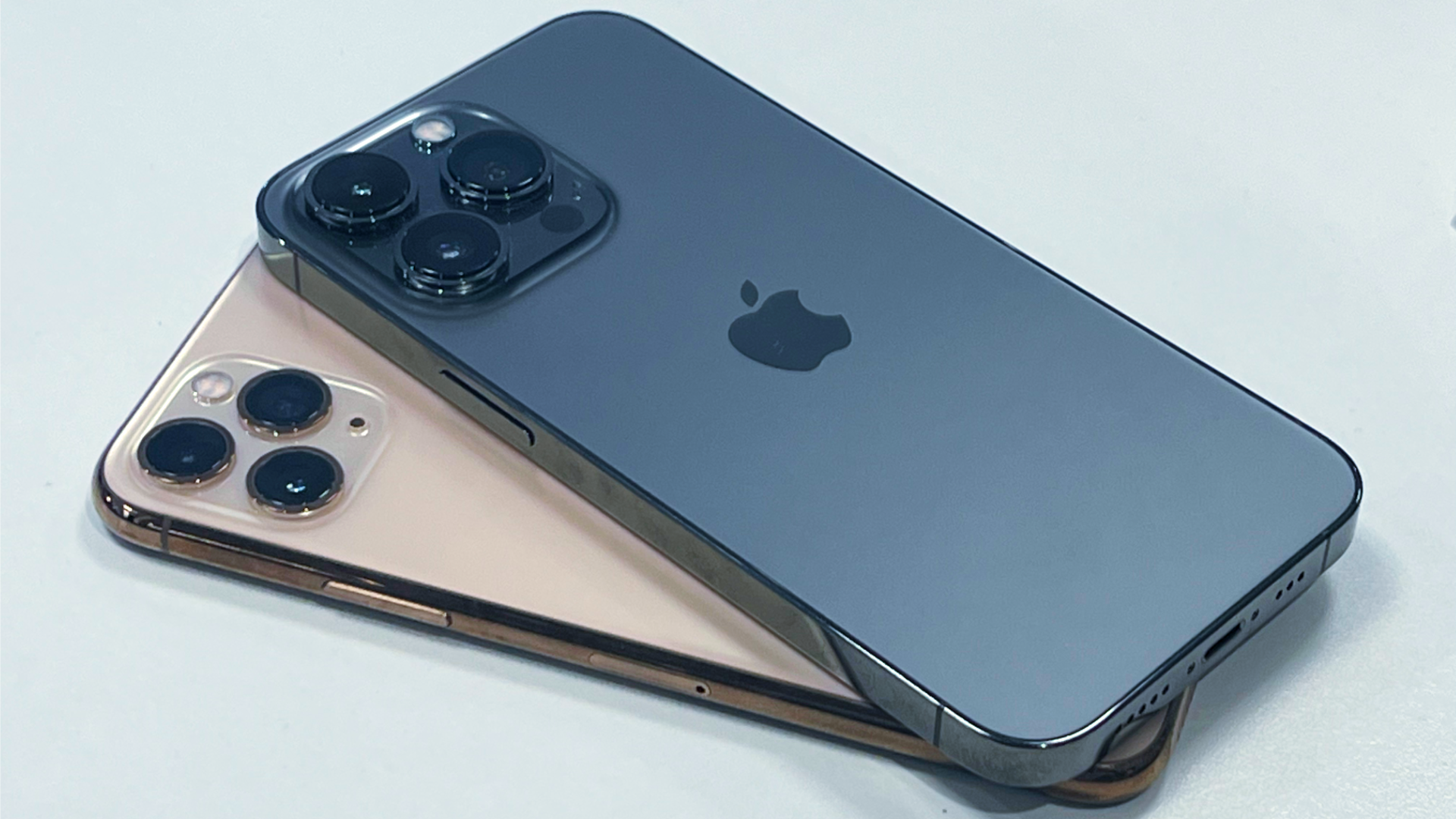
Screen: iPhone 13 Pro vs iPhone 11 Pro
The iPhone 13 Pro display is the most advanced in the history of the iPhone. Here are the changes between the two models:
- With thinner edges, the iPhone 11 Pro has a 5.8" display while the iPhone 13 Pro is available in 6.1". On the other hand, the iPhone 11 Pro Max spans 6.5" and the iPhone 13 Pro Max 6.7". The best thing is that you’ll have more screen with the same amount of space!
- The iPhone 13 Pro has a brightness of 1000 nits, while the iPhone 11 Pro has a brightness of 800 nits. Where will you notice this difference? In bright conditions with direct sunlight on you and the screen.
- A twice-as-smooth display comes to the iPhone 13 Pro. The iPhone 11 Pro refreshes 60 times per second, while the iPhone 13 Pro reaches up to 120 times per second. This is an incredible improvement in fluidity and smoothness. Moreover, far from wasting battery power, it saves it. How? Because when the screen is paused, this rate drops to just 10 times per second.
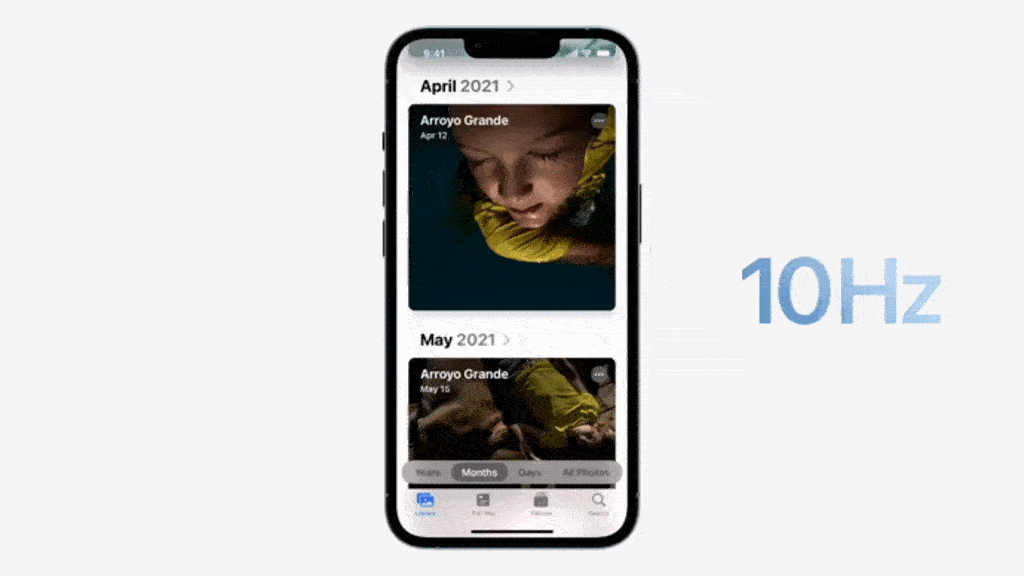
Camera: iPhone 13 Pro vs iPhone 11 Pro
Now we come to the iPhone's most Pro feature, its cameras. Both the iPhone 11 Pro and iPhone 13 Pro have three cameras, although there are some more-than-noticeable differences between the iPhone 11 Pro camera and the iPhone 13 Pro camera:
- The main camera (1x) on the iPhone 13 Pro captures more than twice as much light than the iPhone 11 Pro. The focal aperture of the iPhone 11 Pro is f/1.8, while the iPhone 13 Pro’s is f/1.5.
- The telephoto or zoom camera has been increased. The iPhone 11 Pro features 2x zoom and the iPhone 13 Pro offers 3x zoom. This way, you can enjoy more professional framing and can get closer to landscapes, people and much more ... The camera offers a whole new way of framing, and we guarantee that you’ll love the result.
- The iPhone 13 Pro's ultra-wide-angle (0.5x) camera is 92% brighter. Yes, you read that right: 92%. In addition, it features macro photography. With this camera, you’ll be able to take pictures from as close as two centimetres away. Perfect for flowers, water droplets and textures ... You’ll discover a whole new world of photography with macro mode.
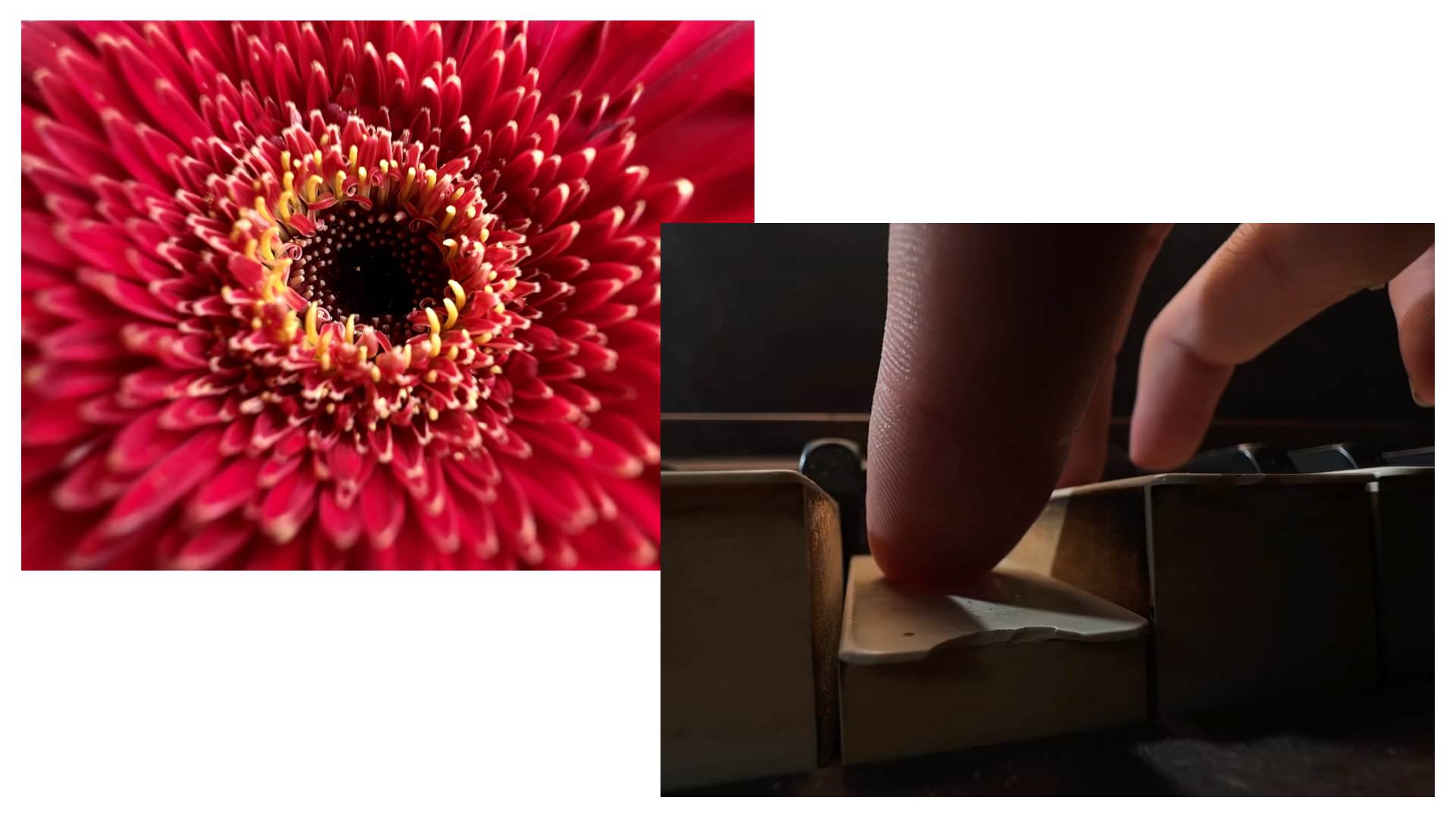
Exclusive cinema mode and HDR video on iPhone 13 Pro
If you thought the leap in photo features was impressive, wait until you see what’s new in video recording. The iPhone 13 Pro's stabiliser works directly on the sensor rather than on the lens. As a result, any movement you make with the iPhone is immediately countered. The closest thing to a gimbal!
- iPhone 13 Pro debuts cinema mode: This is a new feature that lets you record like a pro. With blur effects and transitions between different shots included. This features is not found in any other smartphone on the market and is sure to leave anyone who tries it gobsmacked.
- HDR video allows you to record with 60% more colour. This is a real breakthrough in the iPhone's range of shades for both day and night recordings. The best way to describe this revolution would be like the move from Full HD to 4K resolution. Seeing is believing!
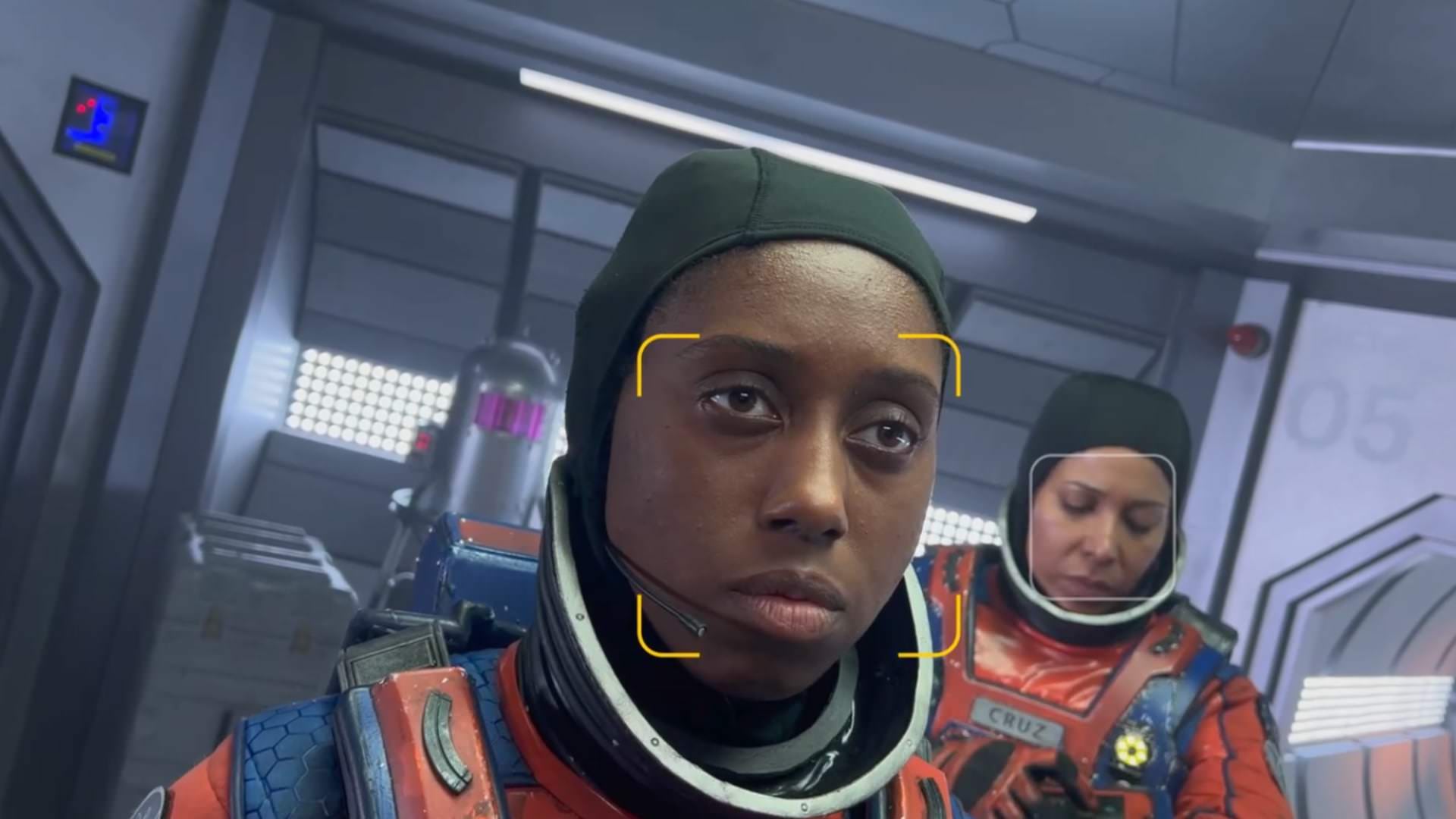
Battery: iPhone 13 Pro vs iPhone 13 Pro
Processor and battery life go hand in hand. The iPhone 11 Pro features the A13 Chip, while the iPhone 13 Pro has an A15 Chip. Two years of difference, offering a huge leap in energy efficiency. Of course, these are both ultra-fast processors, so you won't find any difference between them in your day-to-day life or when using the iPhone. You will notice it in battery life, as you can see in the summary table below.
Summary of differences between the iPhone 13 Pro & the iPhone 11 Pro
| Features | iPhone 11 Pro | iPhone 13 Pro |
|---|---|---|
| Sizes available | 5.8" screen | 6.1" screen with Face ID, 20% more compact |
| Screen-refresh rate | 60 times per second | 120 times per second |
| Ultra-wide-angle camera | Focal aperture f/2.4 | Focal aperture f/1.8 with autofocus |
| Wide-angle camera | Focal aperture f/1.8 | Focal aperture f/1.5 |
| Telephoto camera | 2x zoom | 3x zoom |
| Macro photography | 2x zoom | 3x zoom |
| Macro photography | No | Yes |
| Cinema mode | No | Cinema mode with blur transitions |
| HDR video | No | Yes |
| Chip | A12 Bionic | A15 Bionic |
| Capacity | 65GB, 128GB, 256GB | 128GB, 256GB, 512GB, 1TB |
| Battery life | 18 hours of web browsing | 22 hours of web browsing |
Both the iPhone 11 Pro and iPhone 13 Pro are great iPhone models. There are two years’ worth of differences, which is especially noticeable in areas such as the camera, screen and battery. If you're a Pro and like to make the most out of these features, the iPhone 13 Pro will be a real treat for you. You’re going to love it. Any questions? Want to know more about the differences between the two models? Here is our comparison tool so you can analyse each device point-by-point and make the best decision possible.

 United Arab Emirates
United Arab Emirates Oman
Oman Lebanon
Lebanon Morocco
Morocco Iraq
Iraq Hungary
Hungary Romania
Romania Czech Republic
Czech Republic Serbia
Serbia Croatia
Croatia Slovakia
Slovakia Bulgaria
Bulgaria Slovenia
Slovenia Macedonia
Macedonia Spain (K-Tuin)
Spain (K-Tuin)

